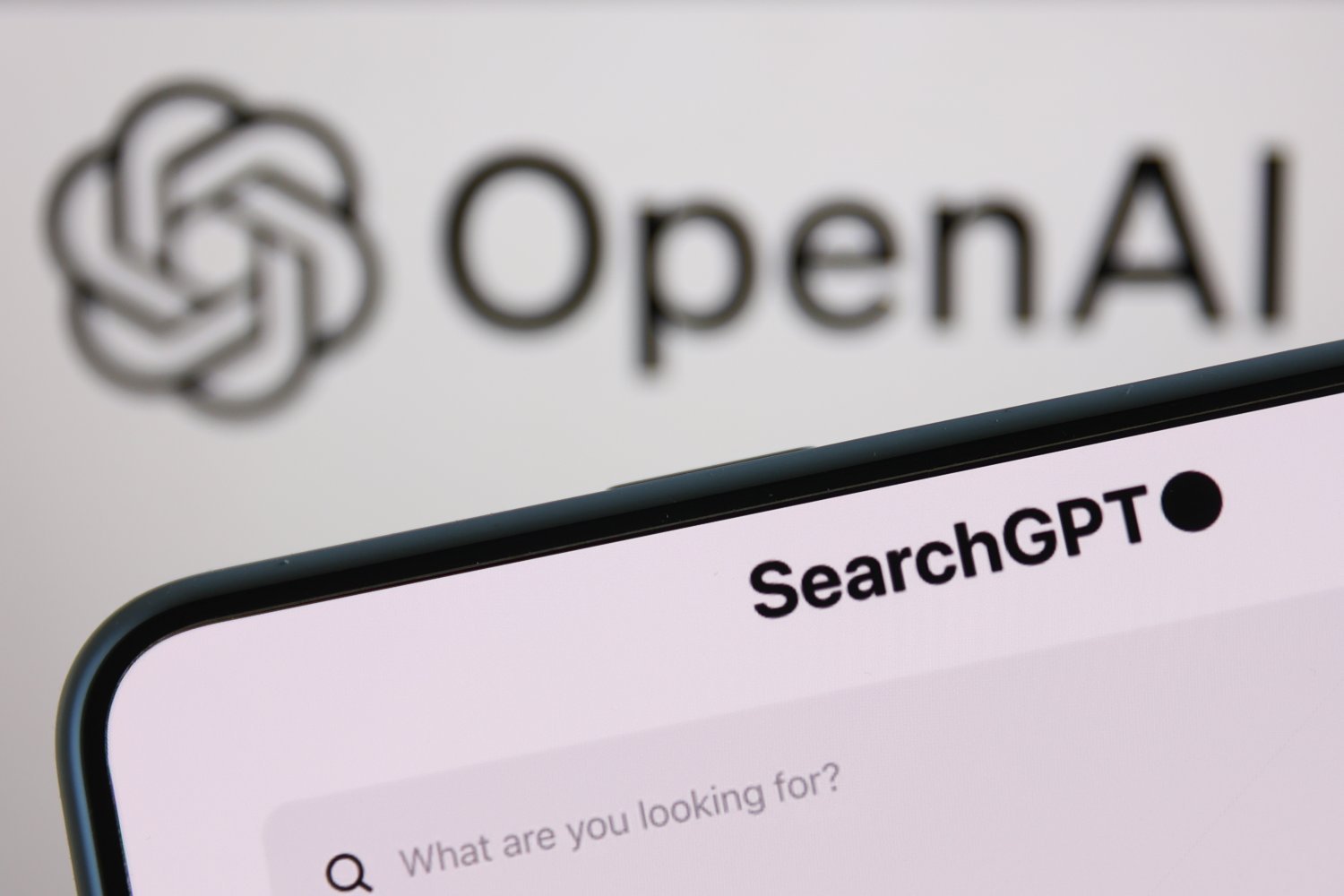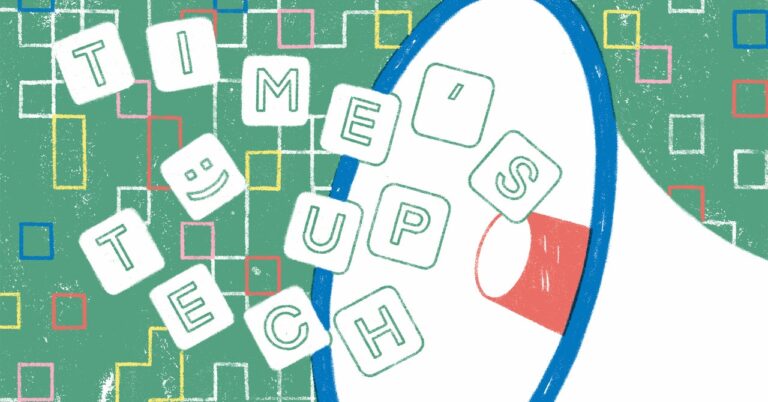ChatGPT Search Goes Wide, Now Available to Free Users
As Google continues to slowly erode the quality of its search engine, OpenAI appears interested in challenging the company’s ongoing market dominance. The AI firm announced Monday that it is opening access to ChatGPT Search to all users after previously hiding the feature behind a subscription paywall.
The announcement, which is the latest of OpenAI’s “12 Days of OpenAI” event that has seen the announcement of several new products including its Sora video generator and $200 per month Pro subscription plan, will allow anyone logged into their ChatGPT account on desktop or mobile to access the search feature. The company also said users will be able to select ChatGPT Search as their default search engine in their web browser of choice.
ChatGPT Search has received some rave reviews from early adopters. The platform is trained primarily on data provided by publications that OpenAI has partnered with, including the Associated Press, Reuters, and Condé Nast, so theoretically it should be pulling more often from primary sources rather than the type of content slop that makes its way into Google’s AI summaries.
But it has plenty of skeptics, too. Michael Ann DeVito, a professor of computer sciences and communication studies at Northeastern University, called into question the accuracy of the platform, telling Northeastern Global News, “There’s still no actual intelligence, just context-free pattern matching based on language, so there’s still a pretty good chance that some of what gets spit out is going to be misleading or outright nonsense.”
Research conducted by Columbia University’s Tow Center for Digital Journalism found that assessment to be about right. They tasked ChatGPT search with identifying 200 quotes, asking the platform to provide attribution including the publication, publication date, and URL. It failed its mission 153 times. Troublingly, the researchers also found that the service is confidently wrong, spitting out its responses with assured language a majority of the time, only admitting to being unable to provide accurate information.
Accuracy is kind of a big deal when it comes to search. And people are already getting a bad taste in their mouths from other AI-infused search products. Microsoft made a big splash when it announced it would boost its search engine with AI-sourced results and a chatbot-like interface, but it failed to actually gain much—if any—market share.
A CivicScience poll found that about half of all people are straight-up uninterested in AI-assisted search, compared to just one-quarter who would actually be interested in embracing it. A Pew Research Center poll found that more than half of Americans are concerned about the increased use of AI, compared to just 10% who say they are more excited than concerned.
Maybe ChatGPT Search is the one that turns it around by confidently pointing people toward the wrong information. But there does now appear to be a clear opportunity in the search space, as there is a distinct lack of options that don’t suck.







